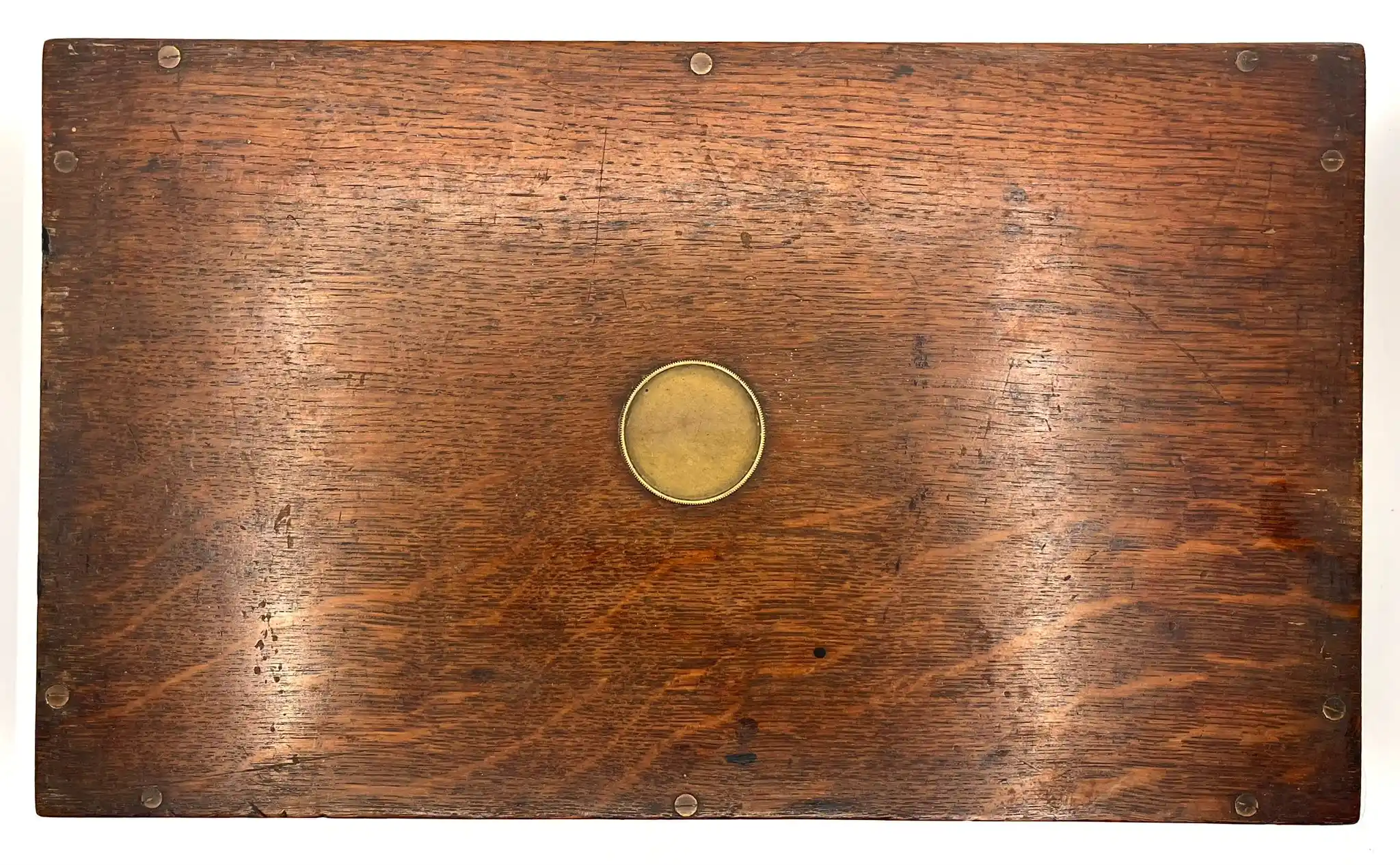
LOCK, STOCK & BARREL ARMOURY
June 4, 2025 at 04:29 PM
The Deane-Adams percussion revolver, more properly known as the Adams revolver (and later the Deane-Adams-Deane), was one of the most important British handguns of the mid-19th century and a key step in revolver development.
The revolver was initially developed by Robert Adams, an English gunsmith, and patented in 1851. Adams was the manager of the London Armoury Company, and his design was revolutionary for the time.
The key features of the original Adams revolver are a double-action only mechanism (a novelty then), a solid frame design, which made it sturdier than Colt's open-top revolvers. percussion cap ignition, typically in .36 and .44 caliber variants and a five-shot cylinder.
In 1854, Adams partnered with Lt. Frederick E.B. Deane and his brother, resulting in the improved Deane-Adams-Deane revolver, which featured a spurred hammer, allowing single-action use for greater accuracy and an enhanced trigger mechanism. It still retained the robust, solid-frame build.
The Adams and Deane-Adams revolvers were widely adopted by British Army officers, particularly during the Crimean War (1853–1856) and the Indian Rebellion of 1857 (Indian Mutiny).
Officers often purchased these privately, as sidearms were not standard-issue. The revolver's rapid double-action firing gave it an edge in close combat, even though it was heavier and had a shorter range than its Colt competitors.
The Adams revolver competed directly with the Colt 1851 Navy in European and colonial markets. While its robust design was admired, critics noted that it lacked the quick reloading advantage of Colt’s design (no loading lever or removable cylinder pin) and the double-action mechanism was heavier to pull, reducing accuracy in rapid fire.
By the late 1860s, it was overtaken by more refined designs like the Beaumont–Adams and later cartridge revolvers, including those from Webley.

❤️
2